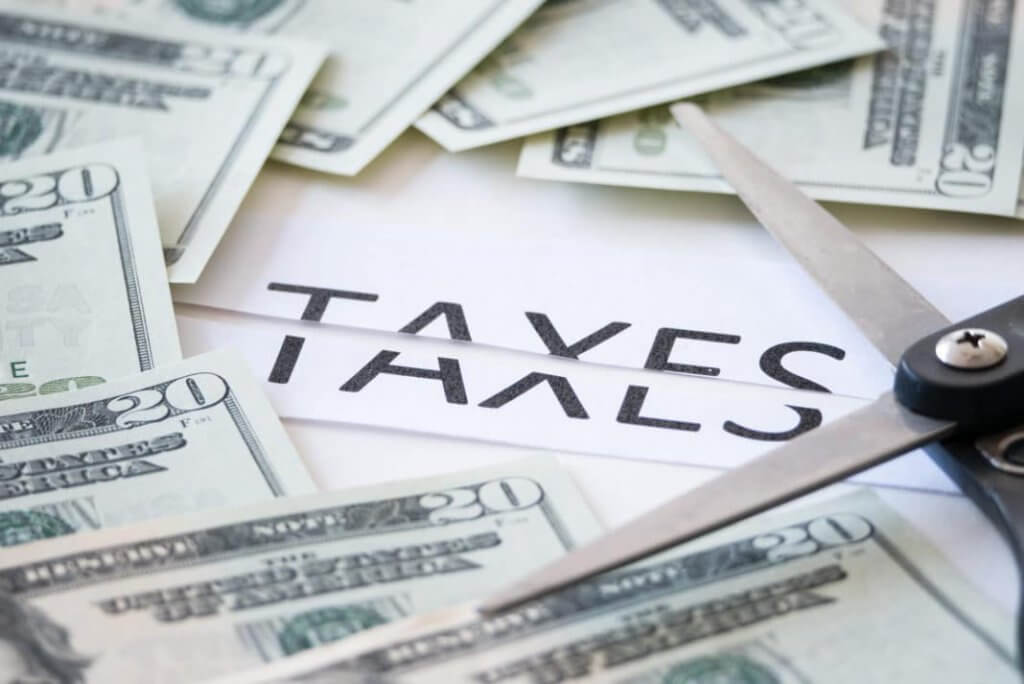
Managing Capital Gains
Investment ManagementSep 16, 2021
With Labor Day behind us, people are beginning to think about how this year will end and what to expect next year. Capital gains are at the forefront of those conversations. There are talks in Washington of raising the capital gains rate next year for higher earners and many people are concerned that it will impact their portfolios. We certainly aren’t going to make any predictions of what they will eventually agree on or if they will agree on anything at all. Instead, we will put some things into perspective and comment on what we can control.
Here is what we know. The long-term capital gains rate for 2021 is 0% for single filers with $40,400 or less in taxable income and married couples filing jointly with taxable income of $80,800. It is 15% for single filers with taxable income up to $445,850 and married couples with taxable income up to $501,600. It is 20% for taxable incomes above those limits. You must hold a position for more than one year to receive long-term capital gains tax treatment. Anything under a year is a short-term gain and is taxed at your income tax rate. If you are retired and have a low taxable income, you may be able to keep your capital gains tax free or at least at the 15% rate. These limits should obviously be factored into any decisions you make with your portfolio.
While taxes are a major factor, they should not be the main driver of a decision to sell a position. Let’s say they raise capital gains rates going into next year and it affects people at your income level. Does that mean you should sell all your winners even if you still like them long term? Where to you redeploy that capital? Do you leave it in cash earning a fraction of a percent in interest? That may lower your tax bill in future years, but it will also lower your purchasing power thanks to inflation.
While having a big winner in your portfolio is exciting, it comes with some major decisions. Taxes aside, it is nearly impossible to know when the run is over or when it will end. The one thing people forget is that it doesn’t have to be an all or nothing decision. The more prudent way to manage capital gains is to look for over exposure to certain holdings or asset classes and rebalance your account. If you have one stock that has run up to a significant portion of your portfolio, you can trim it down instead of selling it all. This lets you book some profit on your winner while still participating in future growth.
Portfolio decisions should be driven by risk management and long-term goals. They should not be influenced by speculation about what is going to happen in Washington or the predictions of the talking heads. Taxes are obviously important, but all you can do is manage them in the most efficient way possible. The reality is that they are one of the two guarantees in life. It is also important to remember that paying taxes is a product of making money.


